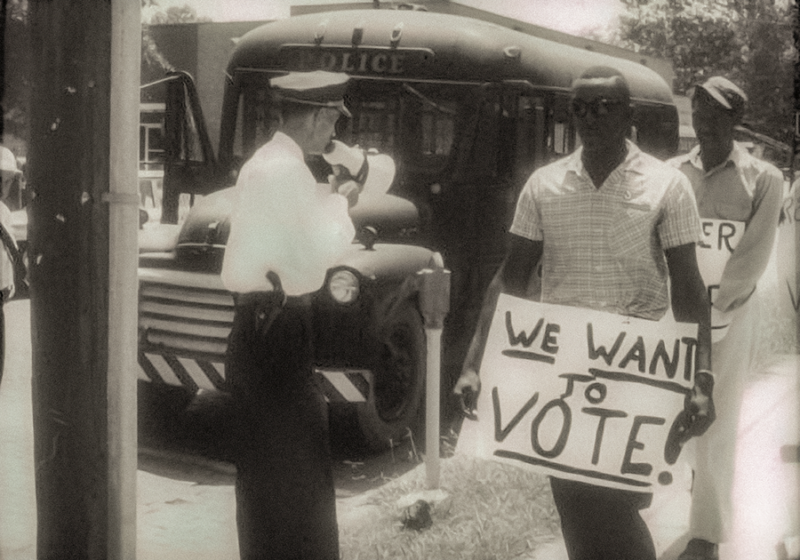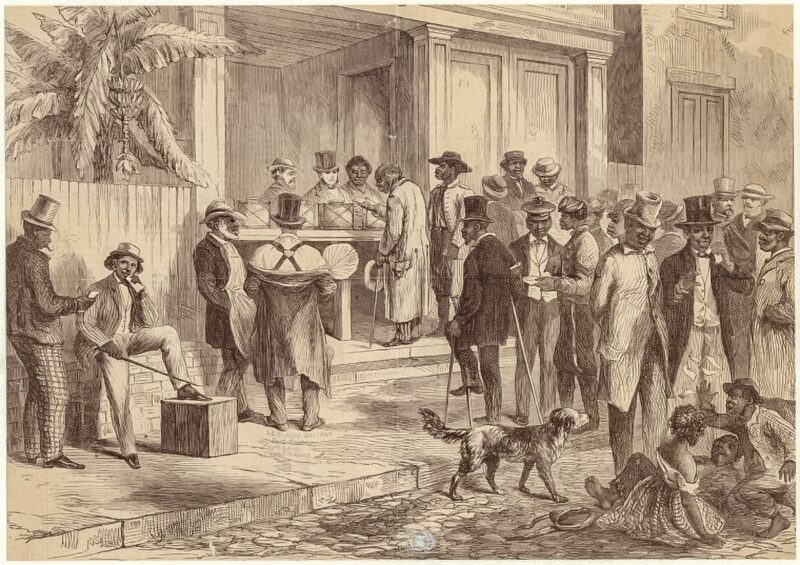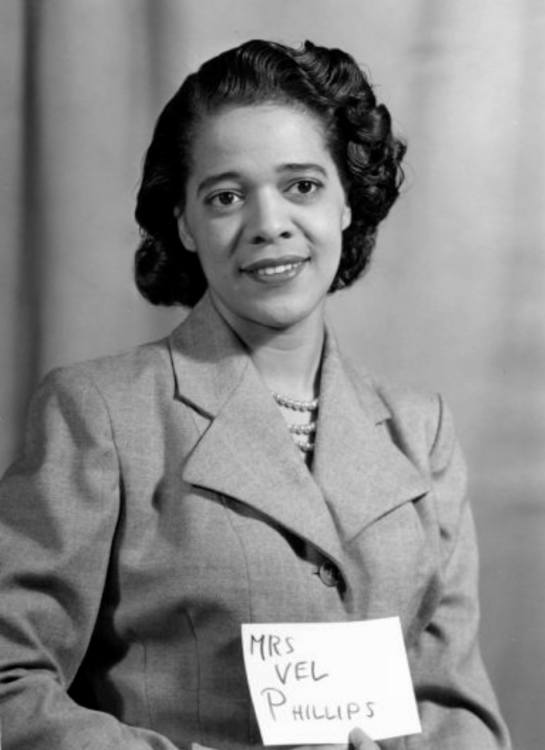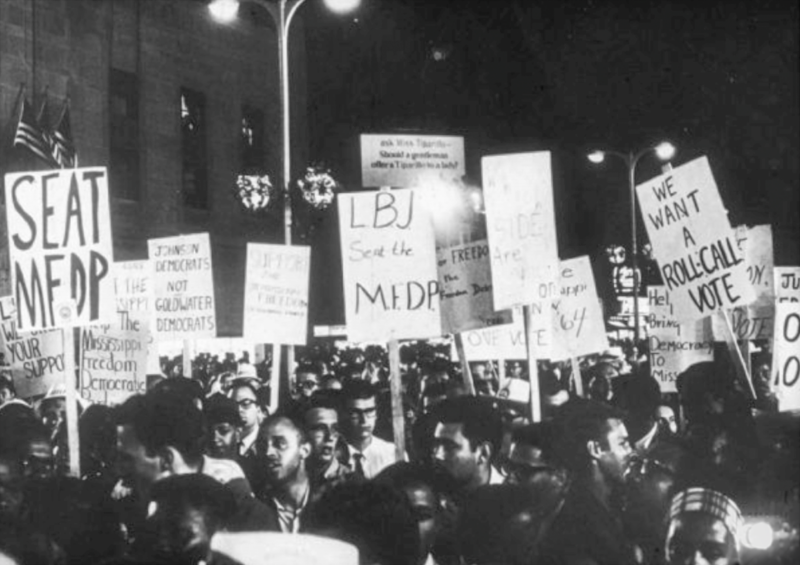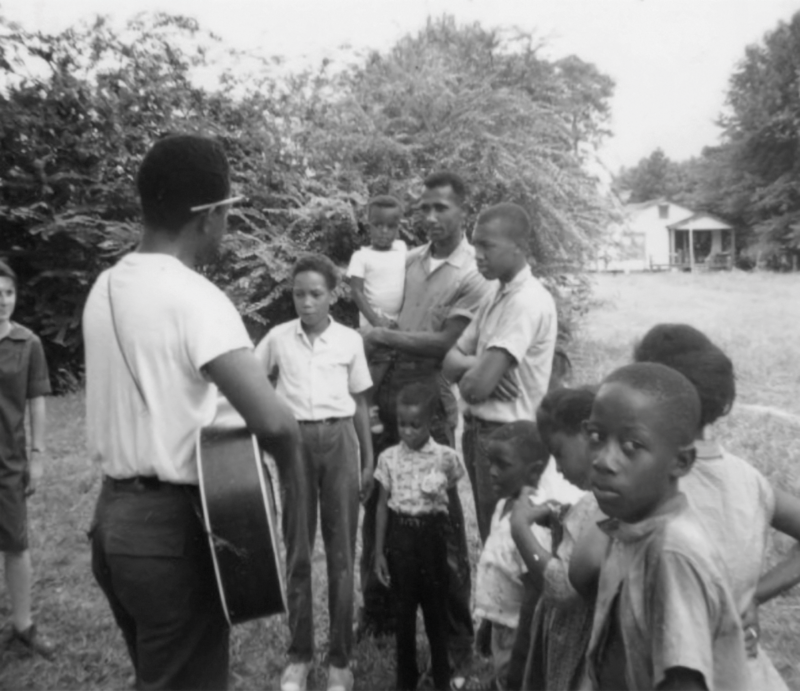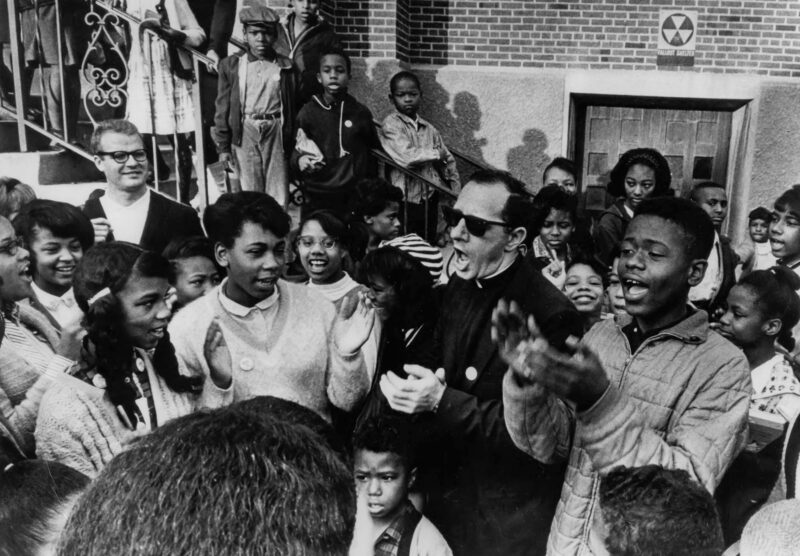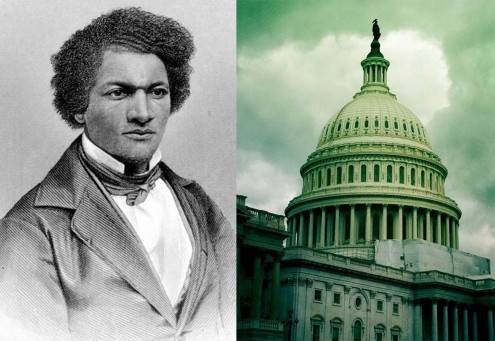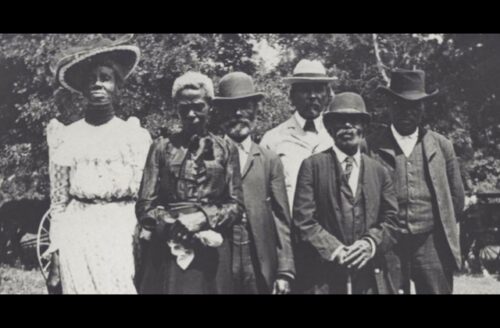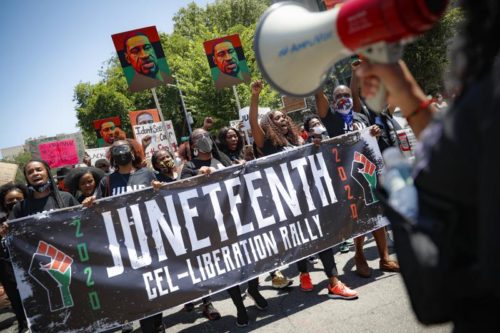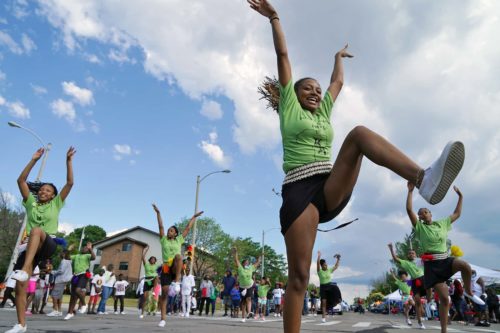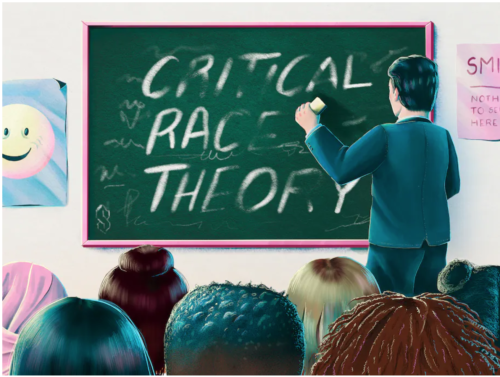Juneteenth
Explore Our Online Exhibits
- « Previous
- 1
- 2
- 3
Breaking News
Worldwide Community Events
Week 3
- Sun 30
- Mon 31
- Tue 1
- Wed 2
- Thu 3
- Fri 4
- Sat 5
- Sun 6
- Mon 7
- Tue 8
- Wed 9
- Thu 10
- Fri 11
- Sat 12
- Sun 13
- Mon 14
- Tue 15
- Wed 16
- Thu 17
- Fri 18
- Sat 19
- Sun 20
- Mon 21
- Tue 22
- Wed 23
- Thu 24
- Fri 25
- Sat 26
- Sun 27
- Mon 28
- Tue 29
- Wed 30
- Thu 1
- Fri 2
- Sat 3
-
No Events
-
No Events
-
No Events
-
No Events
-
No Events
Share
June 19th, also known as Juneteenth, is a day that recognizes the end of slavery in the United States. On June 19th, 1865, two years after President Lincoln issued the Emancipation Proclamation that ended slavery, Union soldiers arrived in Galveston, Texas to inform slaveholders that they must legally those people who remained enslaved. This threat of force against the holdouts successfully ensured that the city’s remaining slaves, many of whom were already aware of slavery’s end but lacked the power to stand up to their slavers, were freed. Juneteenth has become an important day to many Black Americans and allies in the fight against racism.
Below you’ll find articles and exhibits about Juneteenth, which will automatically update as we add new stories about Juneteenth. As you scroll through these pages, you’ll understand the day’s history, efforts to increase awareness, the fight for it to be recognized as a holiday, and current events celebrating the day and its meaning.
Every year, Black Americans recognize the day when soldiers arrived in Galveston to force slaveholders to follow the president’s orders.
Read MoreA statue of a notable abolitionist was scheduled for unveiling on a day celebrating the end of slavery in the USA.
Read MoreJune 19th remains an important day of celebration for the Americans who descend from formerly enslaved people.
Read MoreIn honor of Juneteenth, the African American holiday celebrating the freeing of slaves within the Confederate states on June 19th, 1865, black groups celebrated in different ways. Find out how some chose to commemorate this day.
Read MoreThis article explores why Independence Day and patriotism in America mean something different to the African/African-American community than to white Americans. It shows how Black Americans have endured vastly differing experiences from white Americans, because unalienable rights supposed afforded in America do not apply, have not applied, to them.
Read MoreAmerican descendants of slaves have celebrated Juneteenth for 153 years, but freedom remains elusive for many.
Read MoreWith the South rising again on the watch of President Donald Trump, who plans to turn the Fourth of July this year from a celebration of America to a celebration of himself, it’s time for Americans who champion equality to begin celebrating Juneteenth.June 19, 1865 — “Juneteenth” being a combination of June and nineteenth — should remind all Americans of the long and complex fight required to end slavery here.
Read MoreThe United States will soon have a new federal holiday commemorating the end of slavery. The House voted 415-14 Wednesday to make Juneteenth, or June 19th, the 12th federal holiday.
Read MoreAn Op-Ed: We should be happy to popularize and celebrate Juneteenth. But we should celebrate it with the same fervor in which it was celebrated the summer of 2020, with protests, political education, and an understanding that the house of the slavemaster still stands, despite a fresh coat of paint. We must celebrate Juneteenth knowing the kind of force it took for enslaved Black people to attain emancipation – and the equivalent political force it may take to finally and absolutely uproot the American capitalist. Wisconsin celebrated it 50th Juneteenth in 2021 with a long parade up Rev. Dr. Martin Luther King Drive, complete with Civil War re-enactors, beauty queens and kings, and Black public servants, among them County Executive David Crowley and Congresswoman Gwen Moore. This city was one of the first in the nation to celebrate the holiday.
Read MoreIn the same week when Juneteenth became a national holiday, schoolteachers in Texas, where the commemoration originally marked the end of slavery in that state, could teach about these events only at their peril. An author of the original Critical Race Theory explains the consequences of “erasing” the truth about our country’s history.
Read More